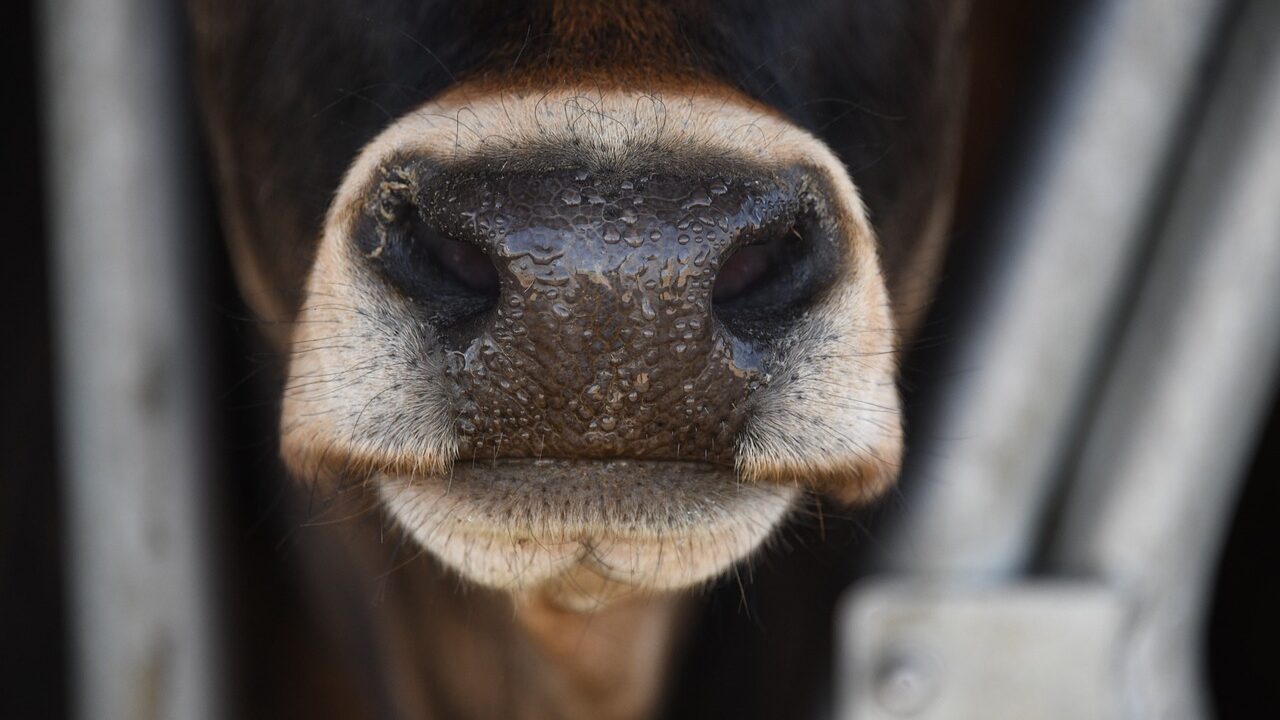The Scottish government has announced that from September 21, there will be a relaxation of certain movement controls on bluetongue (BTV) susceptible animals moving from the restricted zone into Scotland.
The government analysed historic average temperatures in the warmest parts of Scotland, and assessed that it would be unlikely for midges to be able to bite an infected animal and further spread BTV virus in Scotland beyond that date.
In response, the Institute of Appraisers and Auctioneers in Scotland (IAAS) said that it was “pleased” with the announcement.
Executive director of the IAAS, Neil Wilson said: “We have pushed Scottish government hard to agree a pragmatic date for this for the industry and our mart customers who rely on cross-border trade, particularly in the south of the country but all over Scotland.
“Having a firm date to work towards will encourage more trade and ease the burden on markets and our customers,” Wilson added.
Bluetongue
According to the Scottish government, the chosen date takes into account the uncertainty in future temperatures, and the modelling for virus and midge behaviour.
It claims that this means stores, fattening stock, and non-pregnant females would not, even if they came to Scotland infected, pose a risk of BTV getting into Scottish midges and creating local circulation.
The government noted that pregnant breeding animals will still pose a risk of disease spread, because if they arrive infected, they can give birth to infectious offspring months later, when higher temperatures may lead to local circulation and potential outbreaks of BTV in Scotland.
As a result, the relaxation of controls in Scotland differs for non-breeding and breeding/pregnant animals, and also for sheep and cattle, due to the different length of their pregnancies.
The IAAS highlighted that cattle and sheep health are vital to industry and mart trade.
Wilson said that the IAAS is encouraging mart customers who have not already vaccinated to do so over the coming weeks.
He said: “Not only are we seeing evidence that vaccinated livestock can command better prices, but as an industry, none of us wants to see BTV restrictions imposed again next June.
“The cost of vaccination is likely to be greatly outweighed by the reward of uninterrupted trade next summer,” Wilson added.

